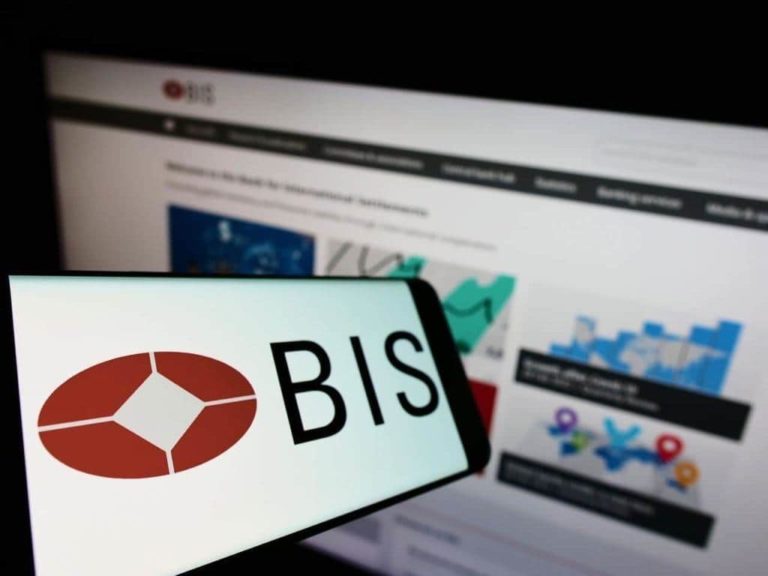Bank for International Settlements allows banks to keep reserves in Bitcoin
Bank for International Settlements allows banks to keep reserves in Bitcoin
-
July 4, 2022
- Posted by: Farhad

Despite its skeptical approach to digital currencies, exacerbated by the recent cryptocurrency market crash, it looks like the Bank for International Settlements (BIS) intends to extend its hand to the new asset class by allowing banks to hold up to 1% of reserves in cryptocurrencies such as Bitcoin (BTC).
Indeed, BIS’s Basel Committee on Banking Supervision (BCBS) has made the proposal for limiting the banks’ total exposures to “Group 2 cryptossets to 1% of Tier 1 capital” in its consultative document titled “Second consultation on the prudential treatment of cryptoassets,” published on June 30.
Group 1 vs. Group 2 assets
Specifically, Group 2 refers to the assets that do not meet classification conditions and includes specific tokenized traditional assets and stablecoins, as well as unbacked crypto assets. As opposed to Group 2, Group 1 includes tokenized traditional assets and stablecoins that meet classification conditions.
According to the document:
“Banks’ exposures to Group 2 cryptoassets will be subject to an exposure limit. Banks must apply the exposure limit to their aggregate exposures to Group 2 cryptoassets, including both direct holdings (cash and derivatives) and indirect holding (ie those via investment funds, ETF/ETN, special purpose vehicles).”
The document also specified that “a bank’s total exposure to Group 2 crypto assets must not be higher than 1% of the bank’s Tier capital at all times,” in line with the Basel Framework which includes all the BCBS’s standards. As it explained:
“The large exposure rules of the Basel Framework are not designed to capture large exposures to an asset type, but to individual counterparties or groups of connected counterparties. This would imply, for example, no large exposure limits on cryptoasset where there is no counterparty, such as Bitcoin.”
With this in mind, “the Committee proposes, therefore, to introduce a new exposure limit for all Group 2 cryptoassets outside of the large exposure rules.” Meanwhile, this provisional limit set at 1% of Tier 1 capital would be reviewed periodically.
